Reef stars’ restored Indonesia’s blast-damaged corals in just 4 years – Grist Magazine
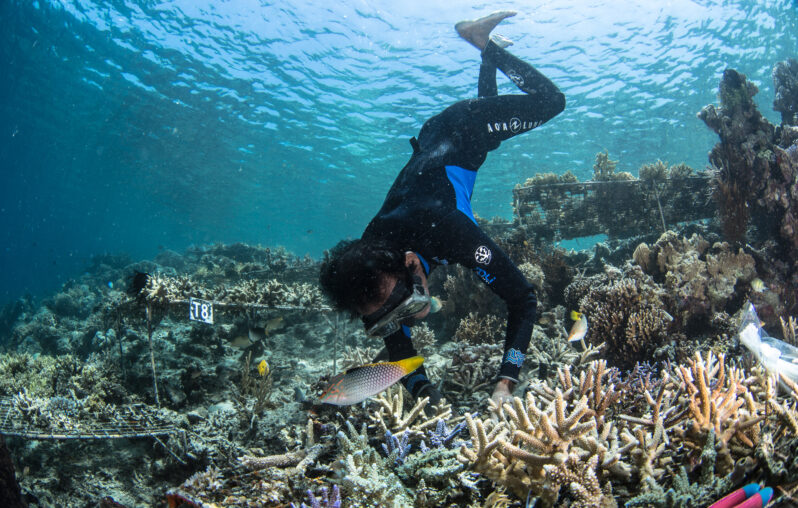
A community-based approach to restoration combined with an ingenious device can bring back reefs traumatized by dynamite fishing…
Hundreds of thousands of peculiar sea creatures wash up on California beaches – SFGate
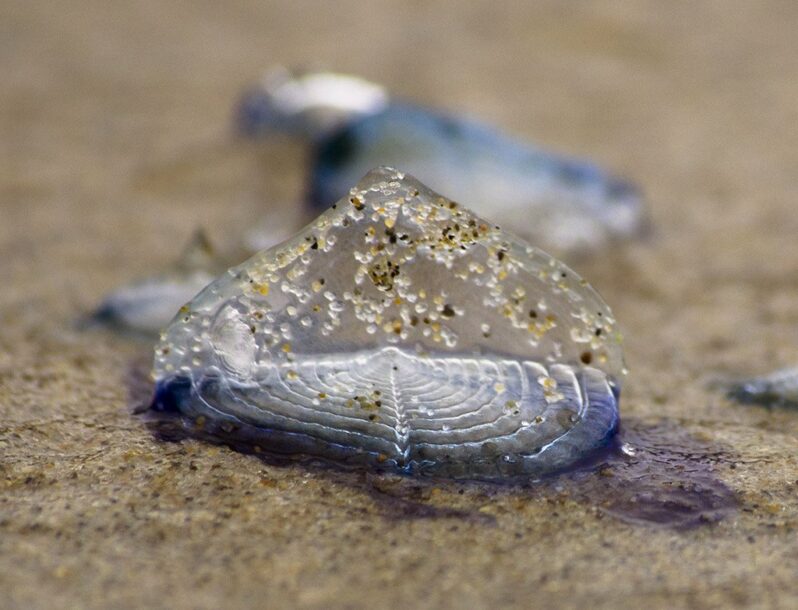
By-the-wind sailors are an early sign of spring…
Six Months After the Heat Spiked, Caribbean Corals Are Still Reeling – Hakai Magazine
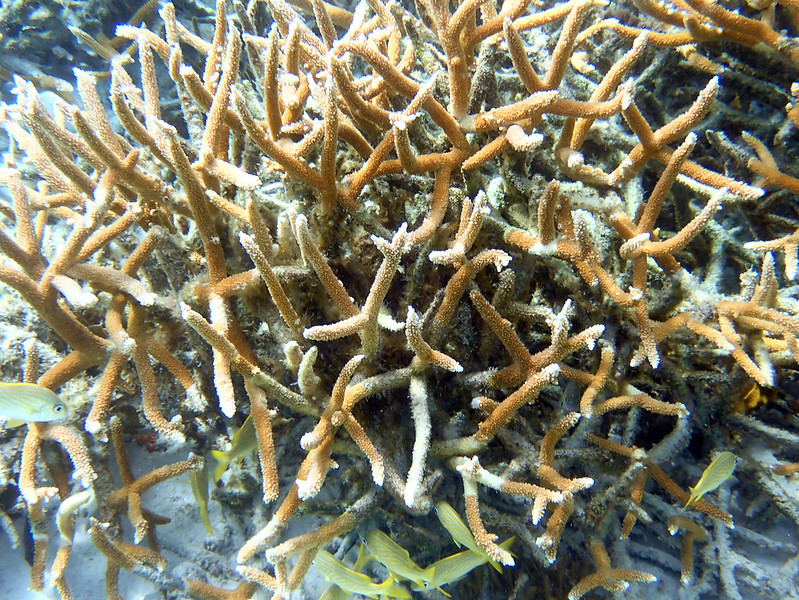
For many Caribbean corals, last year’s heat proved too much to bear. The more time corals spend in hot water, the more likely they are to bleach, turning white as they expel the single-celled algae that live within their tissues. Without these symbiotic algae—and the energy they provide through photosynthesis—bleached corals starve. Survival becomes a struggle, and what had been a healthy thicket of colorful coral can turn into a tangle of skeletons…
Extreme Summer Heat Threatens Coral Replanting Effort – Scientific American
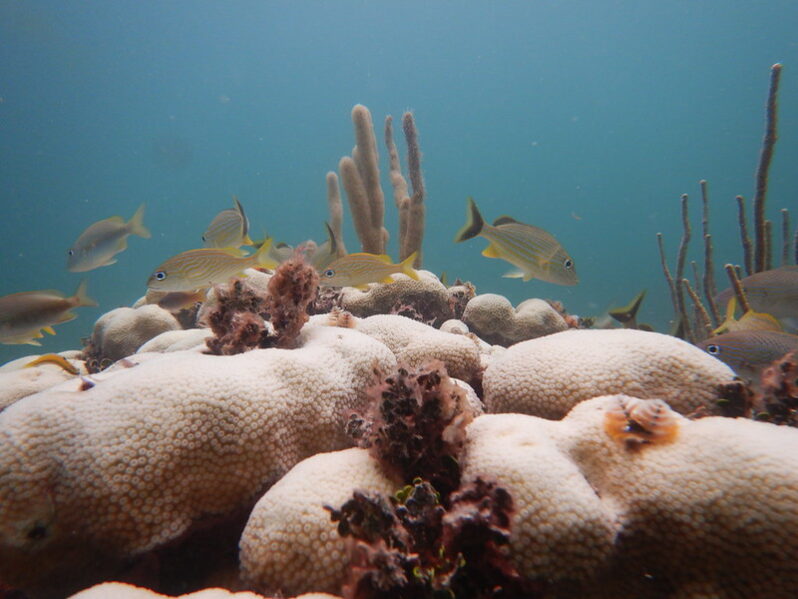
A marine heat wave last year undercut efforts to regrow coral reefs off Florida’s coast. Conservationists are worried this year could be problematic, too…
What happens to the ocean if we take out all the fish? – the Conversation
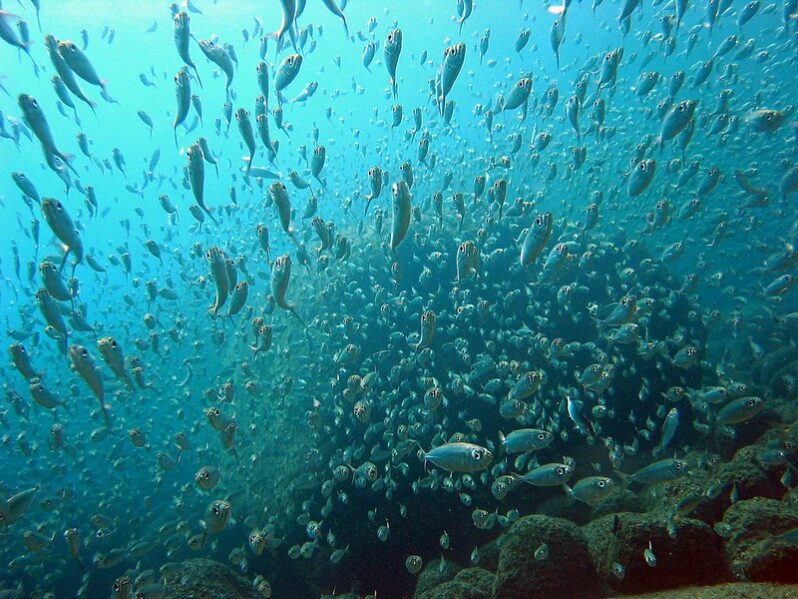
“What would happen to the ocean if we took out all the fish?” – Reny, age 12
Coral bleaching is now so extreme, scientists had to expand their scale for it – the Washington Post
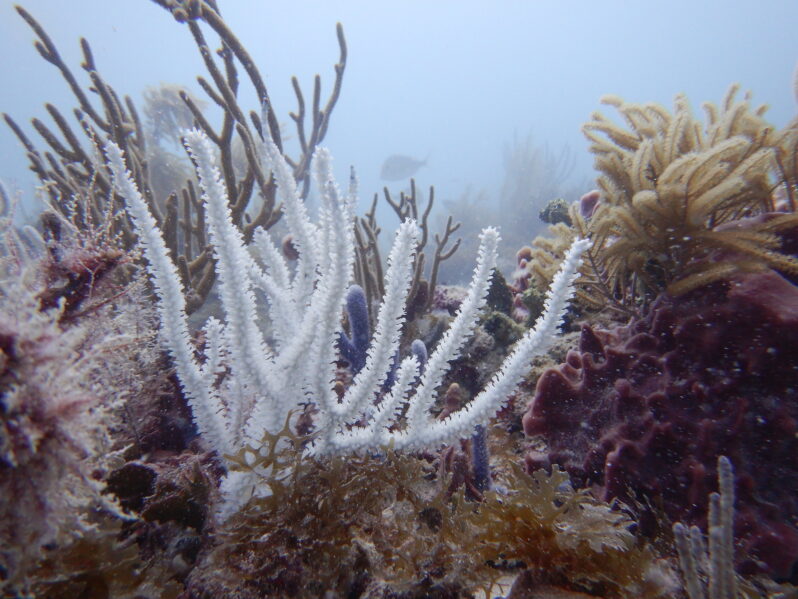
For more than a decade, marine experts have relied on an alert scale from the National Oceanic and Atmospheric Administration to signal how much stress ocean heat is putting on corals and what risk there is for bleaching. The highest on the two-level system, Bleaching Alert Level 2, has for years represented coral catastrophe. That has sufficed — until last summer…
African Penguins Have Almost Been Wiped Out by Overfishing and Climate Change. Researchers Want to Orchestrate a Comeback – Inside Climate News
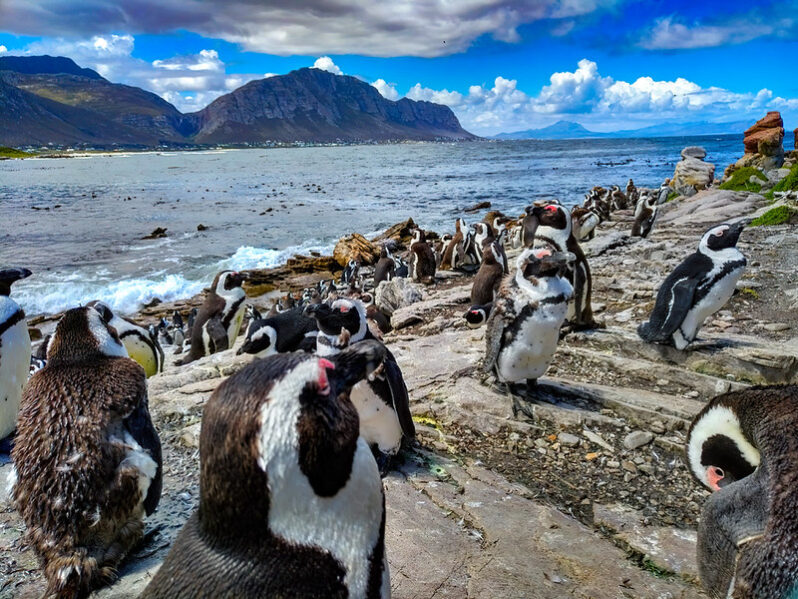
A hatchery in Cape Town breeds birds for release in a newly established sanctuary for penguins 146 miles east, where a few early signs suggest the penguins may have found a new home..
How to Love an Oyster – Hakai
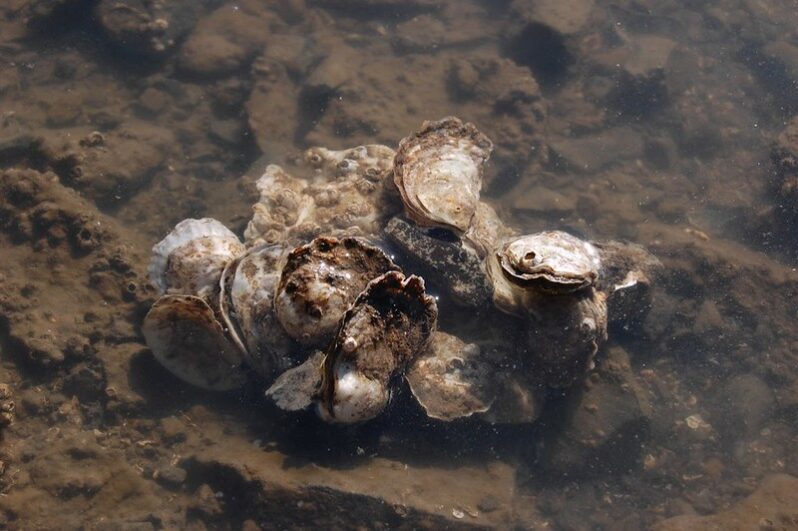
Most people, even those who know a thing or two about oysters and may perhaps enjoy eating them, have no idea that the sweet and buttery bivalves they are slurping down in San Francisco or Vancouver are not the native species of the West Coast but Japanese imports…It is only on rare occasions at certain bougie establishments that you might encounter the much-smaller Olympia oyster (Ostrea lurida) on the menu, a Proustian remembrance with its miserly portion of meat and coppery taste…
How much carbon can oysters store? Scientists are trying to find out – Grist

Scientists all along the Atlantic and Gulf coasts are trying to bring oyster populations back, and not just because they’re a popular food. Oysters are also important for healthy coastal ecosystems. And researchers are now studying how creating new oyster reefs could help fight climate change by sequestering carbon…
